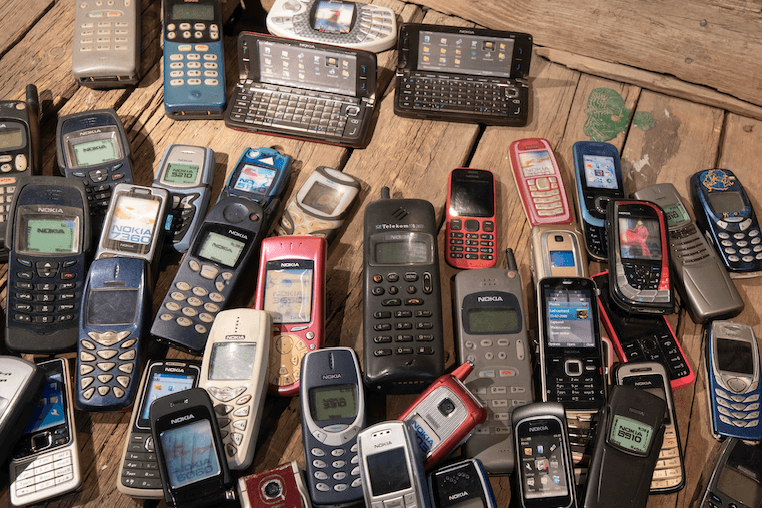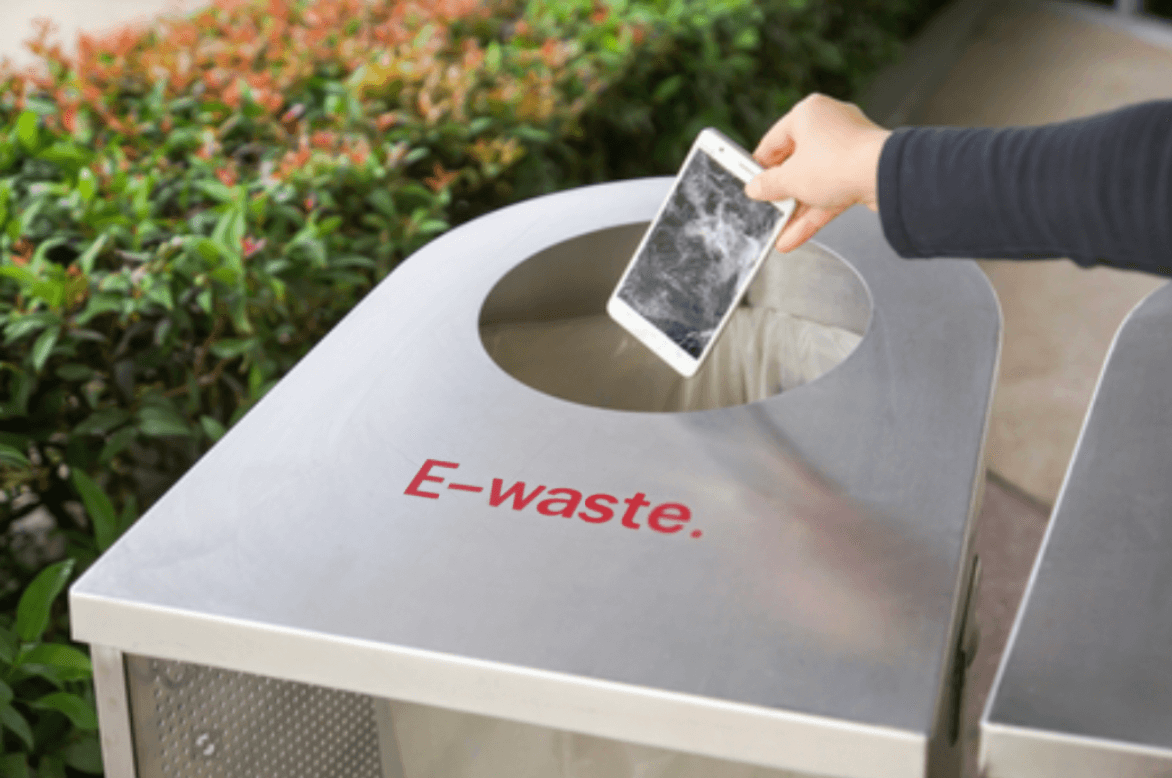Electronic waste refers to electronic equipment or assets such as computers, laptop servers, cell phones, kitchen appliances, and other electronic devices that are no longer required. The risks of not using a responsible recycler for electronic waste include hazardous materials being mishandled, improperly recycled, or even illegally dumped. This can have severe environmental consequences and is punishable by fines and imprisonment. South Group Recycling adheres to strict regulations of NEMWA Act 2018 to ensure that electronic waste is handled, recycled, and disposed of responsibly.
We provide additional services such as data destruction, asset management and secure disposition to help our clients ensure the safety and security of their data.
Sell your e-waste and we will recycle it!
How e-waste recycling works?
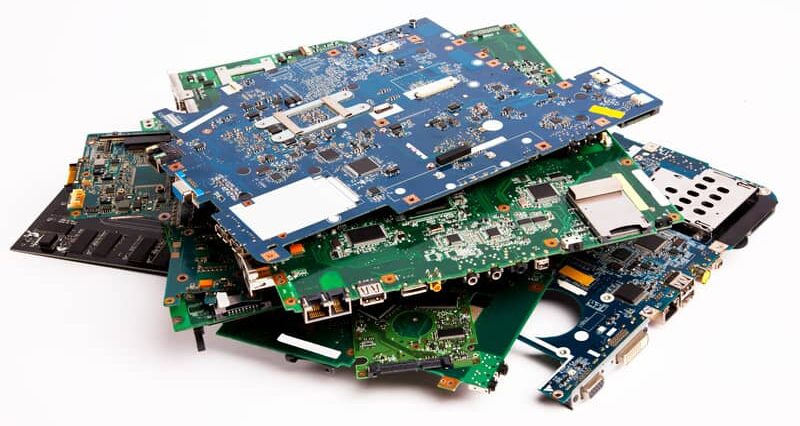
Electronic waste recycling is a process that starts with the collection of discarded electronic devices such as smartphones, laptops, TVs, and other electronics. The first stage involves sorting and dismantling the devices to separate different components and materials. Then, hazardous substances like lead, mercury, and brominated flame retardants are safely removed to prevent environmental contamination. Afterward, the recyclable materials, including metals (such as gold, silver, copper) are processed and sent to specialised facilities for further treatment. The materials are then transformed into reusable raw materials through techniques like shredding, melting, and refining. Electronic waste recycling not only conserves valuable resources and reduces environmental pollution but also promotes sustainable practices and a circular economy.
We are buying electronic waste!
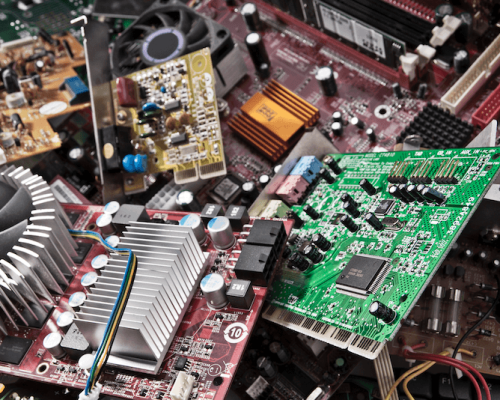
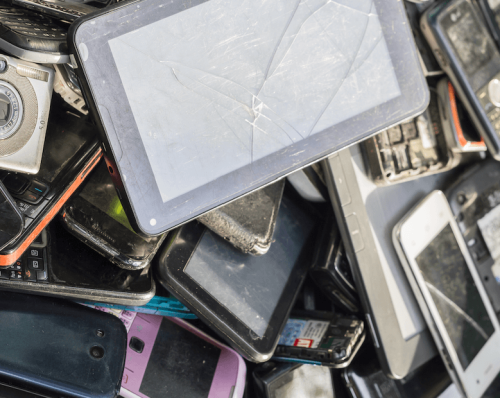
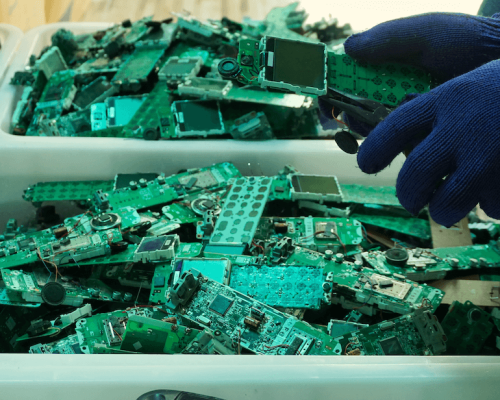
We will recycle your e-waste
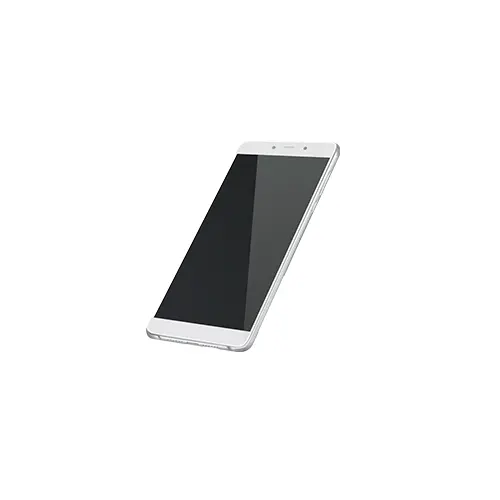

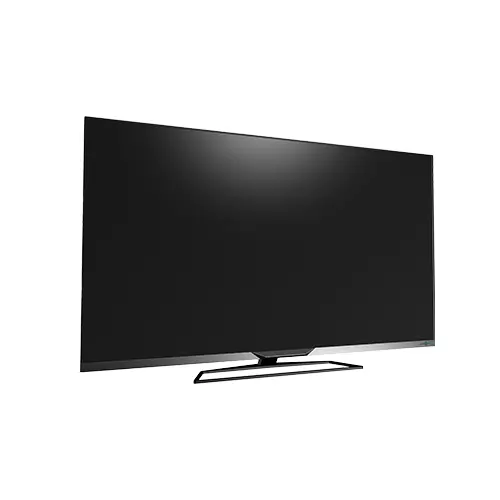


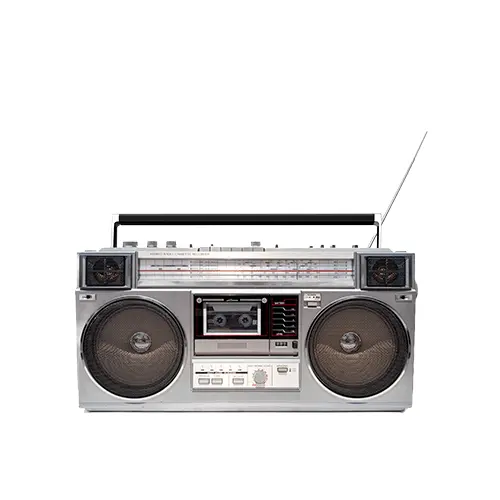
We will recycle your e-waste:
- Computers
- Monitors
- Laptops
- TVs
- Audio/video equipment
- Cell phones
- Scanners and copiers
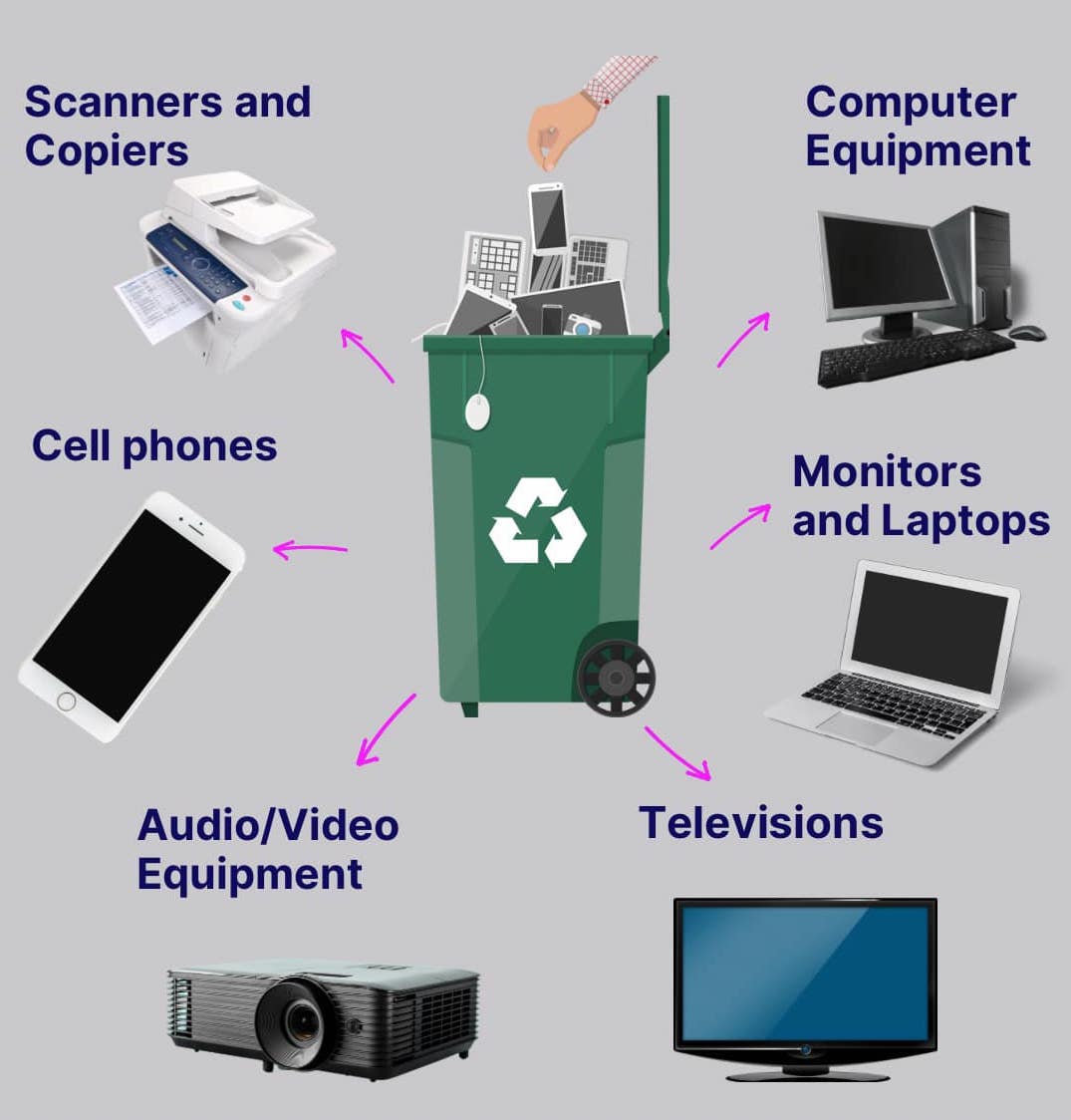
What is e-waste recycling?
E-waste recycling is the process of reclaiming and reusing components and materials from electronic waste, which includes discarded computers, smartphones, televisions, and other electronic devices. Unlike traditional waste, e-waste contains a myriad of complex materials such as metals, plastics, and glass, many of which can be harmful to the environment if disposed of improperly. Elements like lead and mercury can leach into the soil and water, posing significant health risks to both humans and wildlife. E-waste recycling aims to mitigate these risks by separating these components and channeling them into proper disposal or repurposing channels. The process typically begins with manual dismantling, leading to shredding and sorting to extract valuable metals like gold, silver, and copper, which can then be melted down and reused. Electronic recycling not only alleviates the environmental impact but also makes economic sense by reclaiming valuable materials.
What is e-waste management?
E-waste management is a comprehensive approach to the collection, storage, electronic recycling, and disposal of electronic waste, which includes obsolete or discarded electronic devices like computers, smartphones, televisions, and appliances. The primary goal is to minimize the environmental impact of rapidly accumulating e-waste by diverting it from landfills and facilitating its proper treatment. Given that e-waste contains various hazardous materials, improper disposal can pose significant ecological and public health risks. E-waste management, therefore, involves a multi-step process that starts with the safe collection of the waste. Reusable items are often resold or donated, while recyclable materials are extracted through specialized procedures to reclaim valuable elements. The remaining waste is then safely disposed of in accordance with local regulations. Regulatory compliance, public awareness, and technological advancements are all critical factors that contribute to the effectiveness of e-waste management strategies, which are increasingly vital in our technology-dependent world.
When E-Waste Should Be Reused:
- Functional Devices: When electronic devices are fully operational and can serve their primary purpose.
- Minor Repairs Needed: If the device only requires small fixes like battery replacement or software updates to be functional again.
- Hardware Upgrades: Devices that can be easily upgraded with new components like RAM, hard drives, or graphics cards.
- Educational Settings: Older but functional computers and devices can be used in schools or educational centers that may not require cutting-edge technology
- Non-profit Use: Organizations that can’t afford brand new hardware may benefit from reused e-waste.
- Secondary Devices: Older smartphones can serve as secondary devices for specific uses like navigation or as a backup.
- Remote Control: Old tablets and smartphones can be reused as remote controls for smart home devices.
- Emergency Backup: Keep functional but outdated devices as emergency backups for critical situations.
- Child’s First Device: Older, but still functional, smartphones or tablets can serve as a child’s first introduction to technology, under parental guidance.
E-Waste that Should Be Recycled:
- Old Computers: Desktops, laptops, and servers that are outdated or non-functional.
- Smartphones: Damaged or obsolete mobile phones that are no longer in use.
- Printers and Scanners: Devices that are broken or have become technologically outdated.
- Television Sets: CRT, LED, and LCD TVs that are damaged or no longer needed.
- Computer Accessories: Keyboards, mice, webcams, and other accessories that are broken or outdated.
- Audio Equipment: Old speakers, headphones, and audio cables that are no longer functional or needed..
- Chargers and Adapters: Power cords, chargers, and adapters that are damaged or have become obsolete.
- Digital Cameras: Cameras that are damaged or have been replaced by newer models.
- Game Consoles: Outdated or non-functional gaming systems.
- Hard Drives: Devices for data storage that are either damaged or obsolete.
- Network Equipment: Routers, switches, and modems that are no longer functional or have become outdated.
- Office Equipment: Fax machines, copiers, and shredders that are broken or obsolete.
- Printed Circuit Boards: A printed circuit board is the base component of many electronics like motherboards and network or graphic cards. They provide mechanical support and create electronic pathways. .You can recycle them with South Group.
By adhering to guidelines about what can be reused and what should be recycled, e-waste recycling becomes more efficient and environmentally friendly. Proper handling ensures that valuable materials are reclaimed, while hazardous substances are appropriately disposed of, thus minimizing the ecological impact.
Electronic recycling for businesses
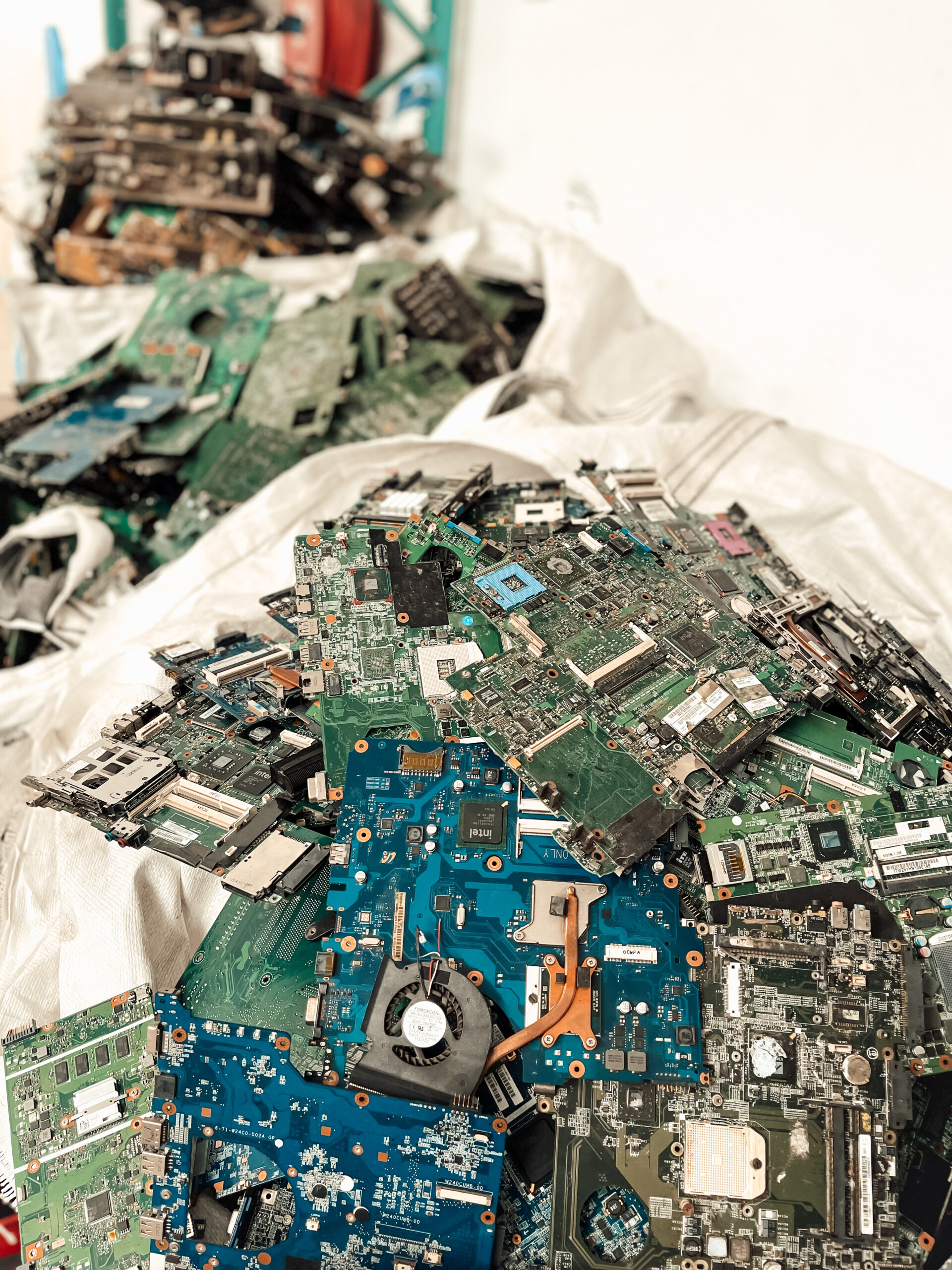
In addition to servicing individuals, South Group Recycling operates an electronic scrap yard where businesses can conveniently drop off large quantities of electronic waste for processing. Our electronic scrap yard is designed to handle high volumes of outdated or non-functional equipment, ensuring that all materials are properly sorted and processed. Whether your company is looking to dispose of old computers, TVs, or outdated office equipment, we provide a seamless process that not only ensures compliance with environmental regulations but also helps you free up valuable office space.
As one of the leading e-waste recycling companies, South Group Recycling specializes in providing electronic recycling for businesses of all sizes. We understand the unique challenges that companies face when managing outdated electronics and offer a range of services, from secure data destruction to asset recovery and responsible recycling. Our goal is to help businesses meet their sustainability targets while also complying with legal requirements for electronic waste disposal. By partnering with South Group Recycling, companies can reduce their environmental footprint and contribute to a circular economy.
WHY CHOOSE SOUTH GROUP RECYCLING?
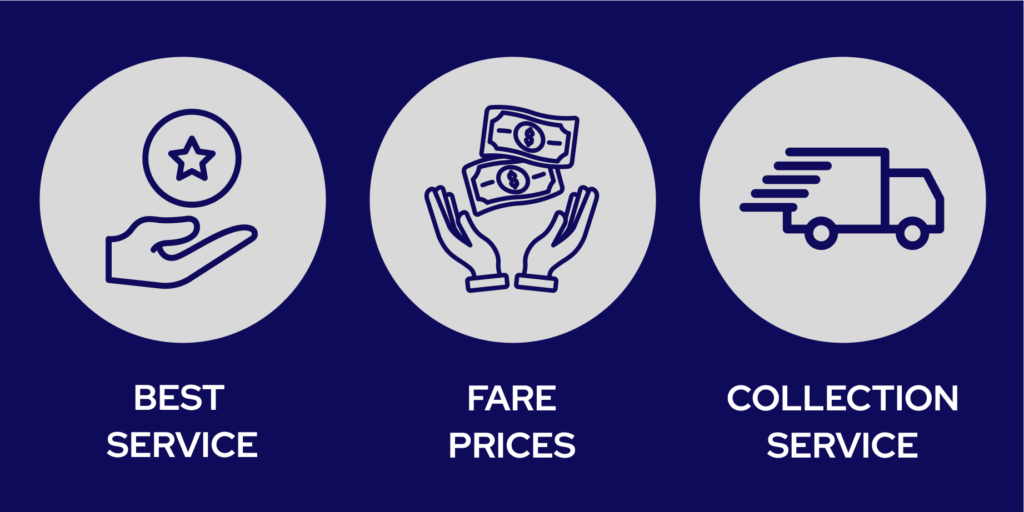
Contact us
If you have any questions, feel free to contact us by phone, email or using the contact form.
Cape Town
2 Warbler Close, Unit 2, Montague Gardens, Cape Town, 7442
Johannesburg
7 in Mastiff Street, Unit 8, Linbro Business Park, Linbro, Sandton, 2090
Durban
65 Marshall Drive, Unit 4, Mount Edgecombe, Durban, 4300
FAQ
– Where can I find the price of scrap e-waste?
The price of scrap e-waste can vary widely depending on various factors, including the type of electronic waste, its condition, the current market demand for specific materials. Contact us to get the price for your scrap e-waste.
– How do you recycle electronic waste?
Recycling electronic waste is a process aimed at safely and responsibly disposing of and recovering valuable materials from discarded electronic devices. E-waste recycling helps prevent environmental pollution, conserve valuable resources, and reduce the need for raw materials extraction. South Group Recycling adheres to strict regulations of NEMWA Act 2018 to ensure that electronic waste is handled, recycled, and disposed of responsibly.
– Are you environmentally friendly company?
Yes, we provide environmentally responsible and compliant recycling solutions for business and individuals by helping responsibly dispose e-waste. South Group recycling is a licensed, ISO certified reccycler and is also affiliated with the e-Waste Associattion of South Africa.
– How to recycle e-waste?
To recycle e-waste, gather all your electronic devices that are no longer in use or the ones that are no longer working and cannot be fixed. Contact South Group – certified e-waste recycling service to arrange for a pick-up or drop-off. Ensure that data is wiped from devices or we can provide free data destruction services if needed . Using a reputable service ensures that your e-waste is handled responsibly and in an environmentally friendly manner.
– Where to dispose of e-waste?
You can dispose your e-waste at our certified e-waste recycling centers. You can find us in Johannesburg, Cape Town, Durban, and Pretoria. Our contact information: Contacts.
– What is e-waste recycling?
E-waste recycling is the process of collecting, sorting, and processing discarded electronic devices to extract valuable materials and dispose of them in an environmentally responsible manner. This helps reduce landfill waste and the need for new raw materials.
– How does e-waste affect the environment?
In short, e-waste can harm the environment by leaking toxic substances like lead, mercury, and cadmium into soil and water, posing risks to human health and ecosystems. Improper disposal can also contribute to air pollution and the depletion of valuable resources.
– Can I book a collection of e-waste?
We provide a convenient collection service for larger recycling orders in South Africa. You can book a collection bellow.
– Where can I dispose of old computers near me?
You can dispose of old computers at South Group Recycling facilities in Durban, Cape Town, Pretoria, and Johannesburg. We offer convenient and environmentally responsible recycling options for your electronic waste. Simply bring your old computers to one of our locations, and we’ll handle the rest, ensuring they are properly recycled in line with environmental standards. Visit our website to find the address and operating hours of the facility nearest to you.
– In which cities in South Africa do you provide e-waste and electronic recycling services?
We provide comprehensive e-waste and electronic recycling services in several major cities across South Africa, including Cape Town, Pretoria, Johannesburg, and Durban. Our services are designed to ensure environmentally friendly disposal and recycling of electronic waste. If you need to recycle your electronic items, we are here to assist you in any of these locations. Contact us for more details on how to responsibly dispose of your electronic waste.
Book a Collection
For your convenience we can arrive to collect larger recycling orders. It saves time, effort, and is cost effective. Please fill in this short form, and we’ll be in touch shortly.
